Ofsted’s school attendance claims highlight importance of online education
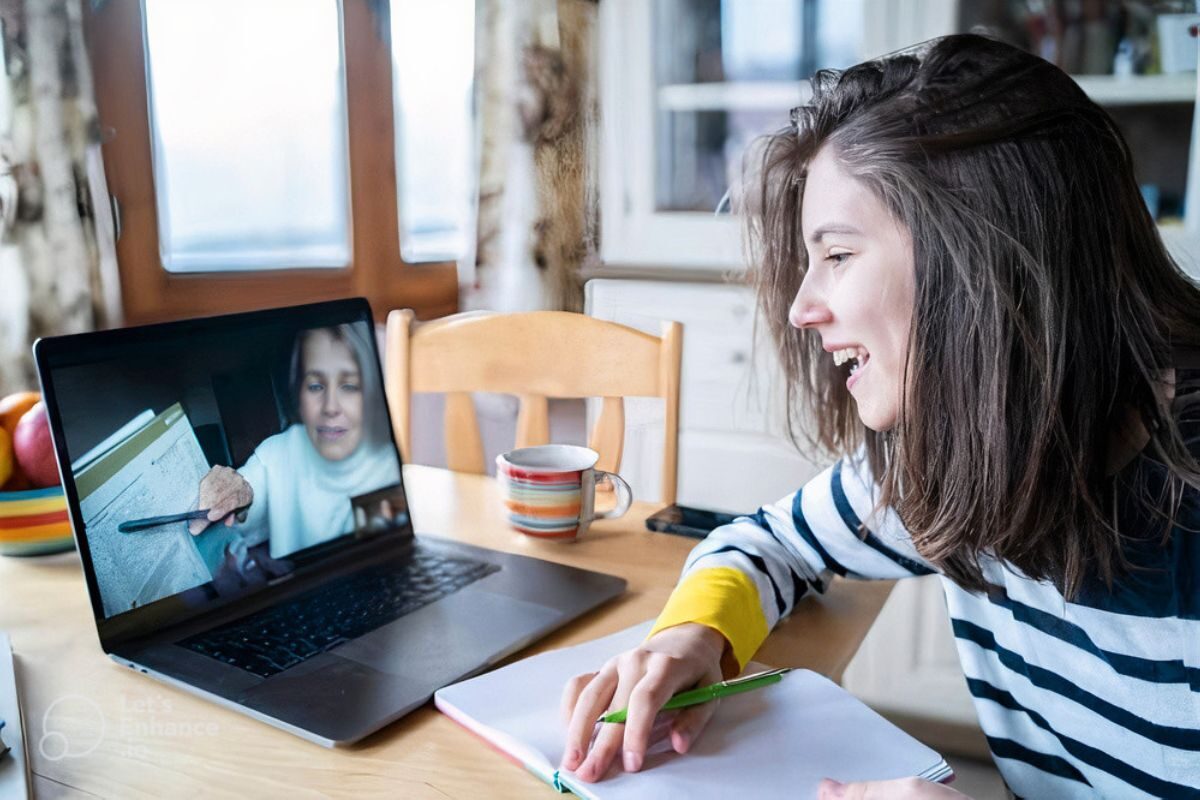
The head of school inspectorate Ofsted’s claims that many post-pandemic parents see school attendance as ‘optional’ has highlighted the need for quality online education, the founder of an award-winning school said today.
Speaking as Ofsted launched its annual report, Amanda Spielman, the chief inspector of schools, said pupil attendance was persistently lower than before the COVID-19 pandemic and she believed the social contract between parents and schools had broken down, with some families expecting remote teaching if their children do not attend in person.
Hugh Viney, who set up online independent school Minerva’s Virtual Academy at the height of the pandemic, said Ms Spielman’s comments, and the findings of the Ofsted report, highlighted the need for greater investment in, and greater understanding of, online learning.
Ms Spielman said some families no longer believe they have to send their children to school in person all the time and expect teachers to provide remote learning if they were at home.
She said: “I think this is a deep and concerning problem. For many years, I think there’s been a very clear social contract…the clear expectation is that parents should get their children to school every day, unless the child is too ill to go and in return schools will do everything they can to give the child a good education and to prepare them really well for their futures, for their adult life.
“The pandemic disruption and the expectation that children should be kept at home broke that. So for significant periods children were educated as best they could be remotely. And that broke down that structure, that routine of getting children up and to school every day.
“Post-pandemic, a minority of families have just sort of lost sight of the importance of that consistency of getting children to school every day — that it’s not an optional thing. It’s not a ‘when you feel like it, and not when you don’t’.
“Schools can’t be expected to provide education remotely if the parent feels that they would prefer to keep the child at home more of the time.”
Mr Viney, who is also behind the award-winning Miverva Tutors, said the post-pandemic world had thrown into sharp focus a number of issues surrounding ‘traditional’ schooling.
“Mainstream schools simply aren’t suitable for every pupil,” said Mr Viney. “Many young people thrive in a traditional school environment, but for a significant proportion, it simply cannot meet their needs.
“There are many reasons why pupils may not feel comfortable going into school, not least because of issues around anxiety. Homeschooling during the pandemic highlighted that issue and what we are seeing now is many pupils too anxious to return when they have been used to an alternative, albeit one which was forced upon them.
“What we need now is for government and organisations like Ofsted to understand that online schooling can help bridge this gap.
“It’s estimated that over a million young people are refusing to go to school within the UK, for reasons ranging from anxiety and mental health problems through to complex additional needs.
“For over a year, our team has been tirelessly trying to engage with local councils to offer our tried and tested educational alternative to support young people who aren’t able to attend mainstream school. We have a proven formula for helping children to regain their confidence and achieve successful outcomes in their education.”

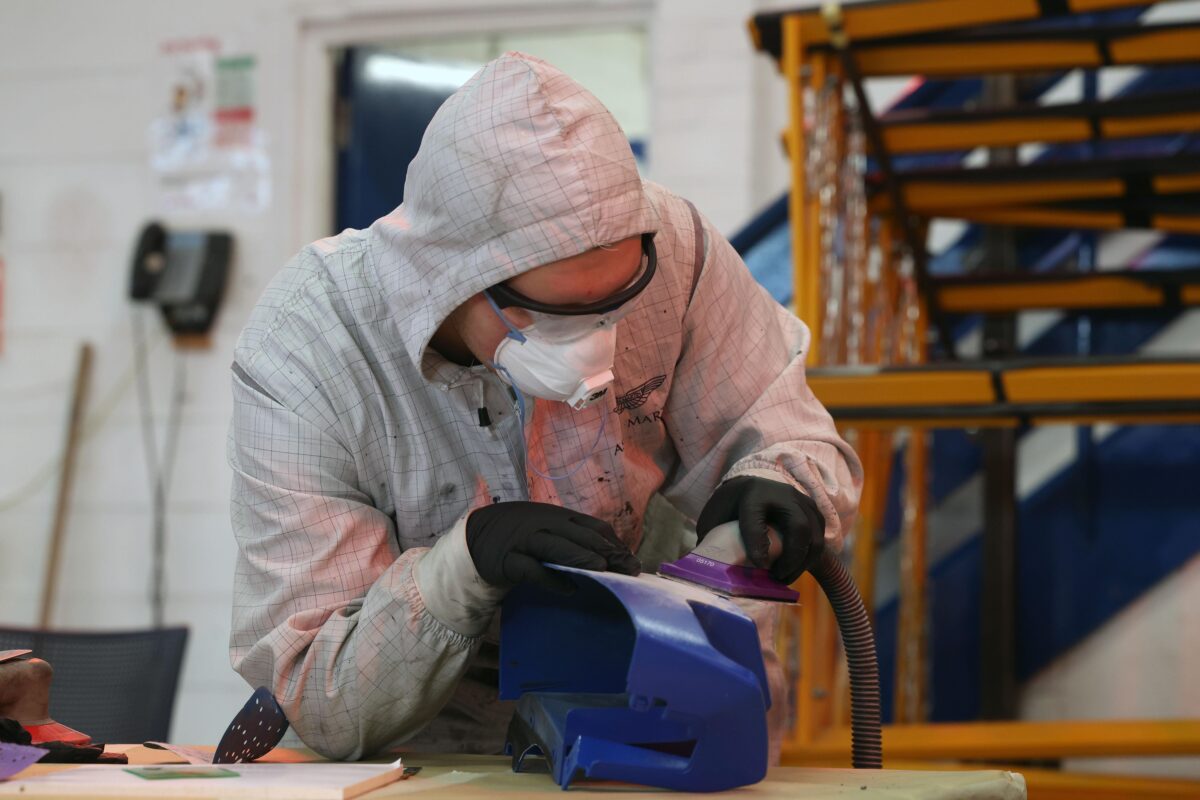

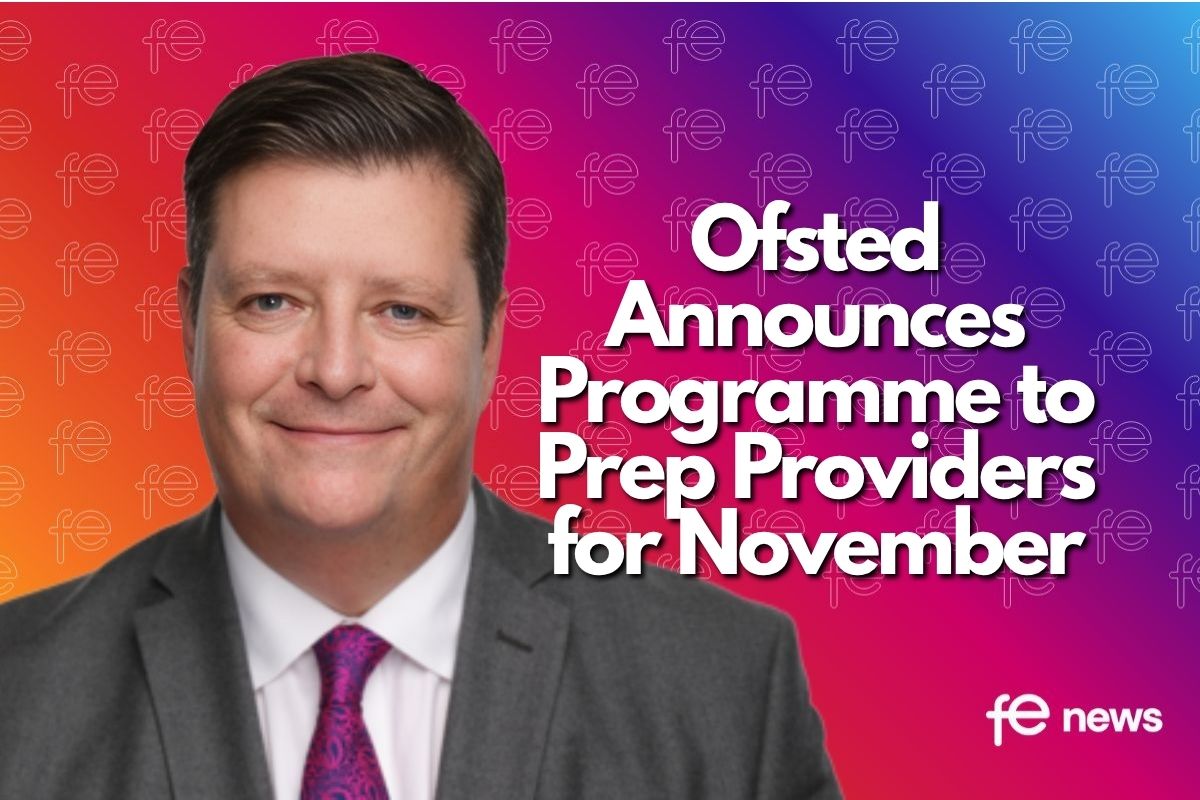

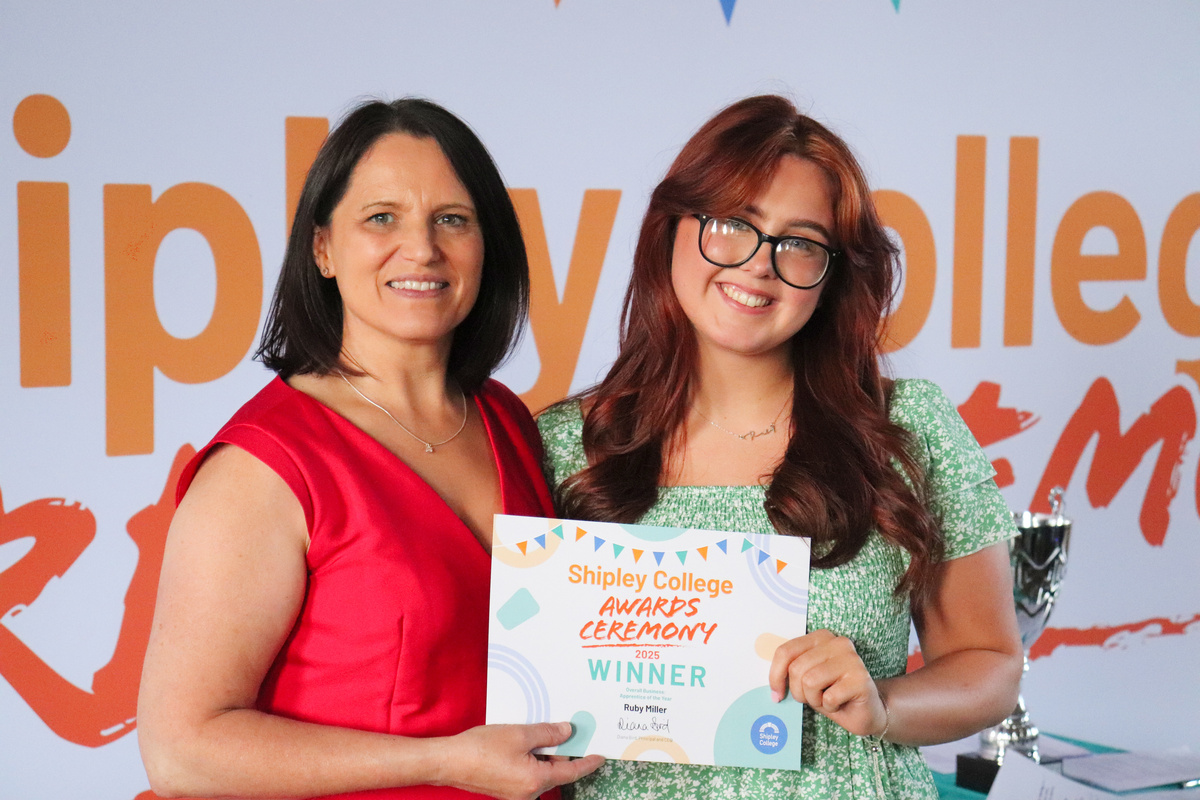

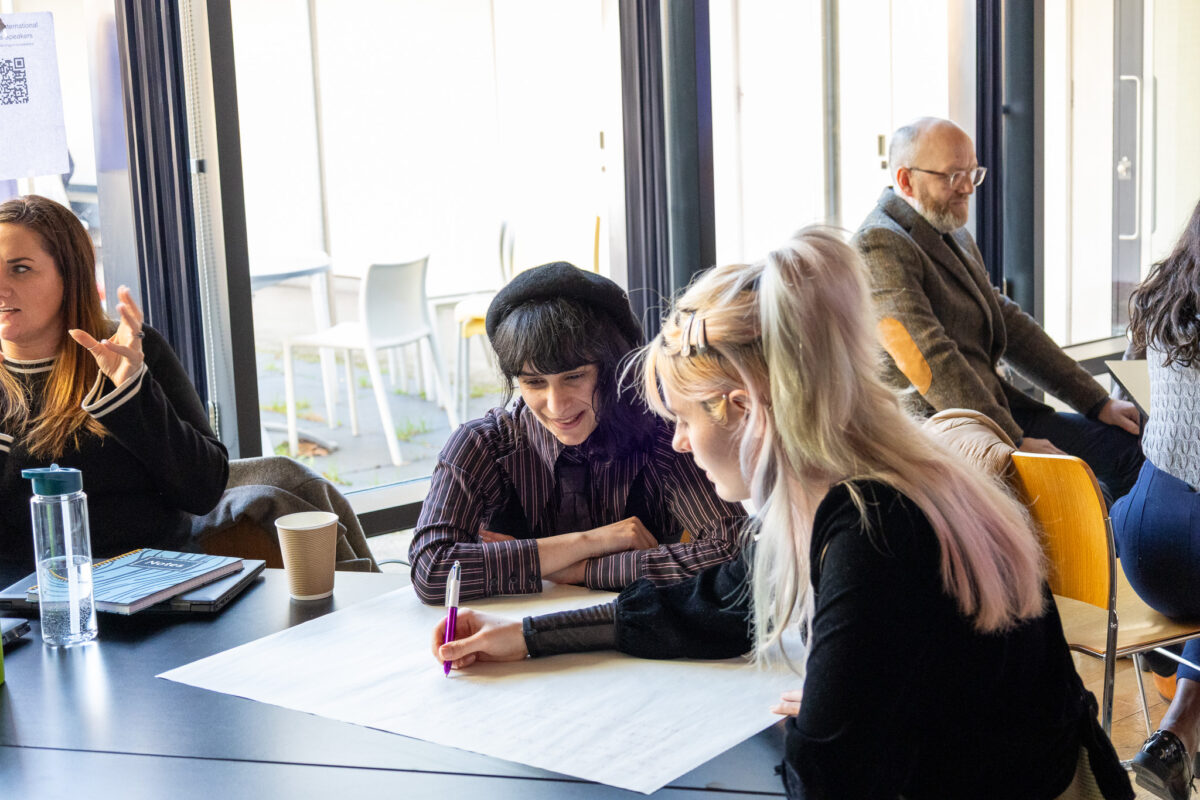

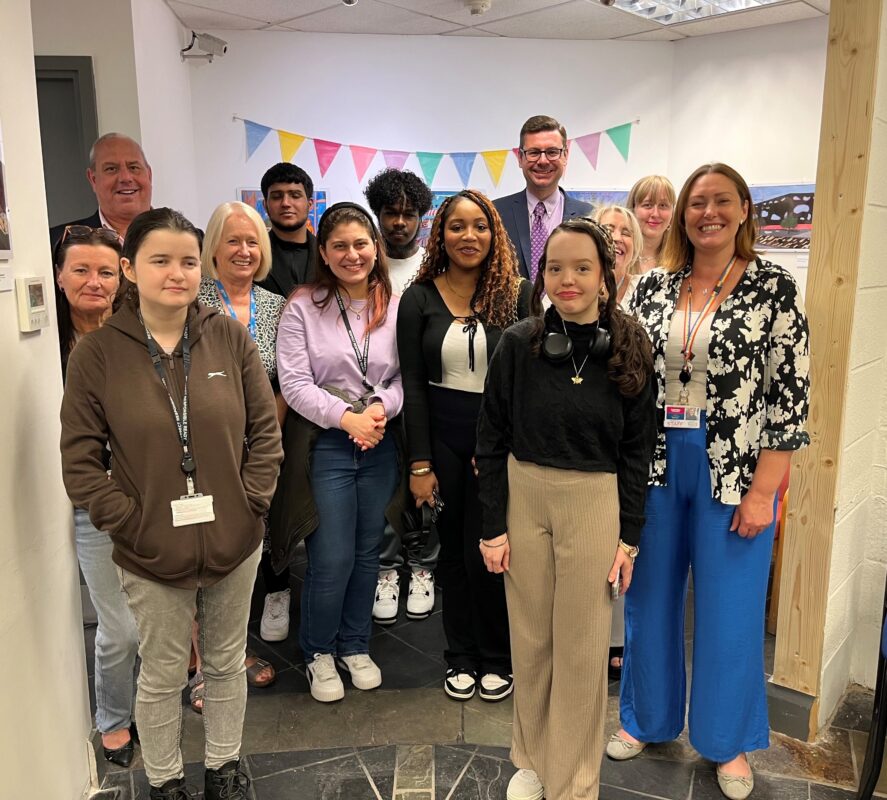

Responses